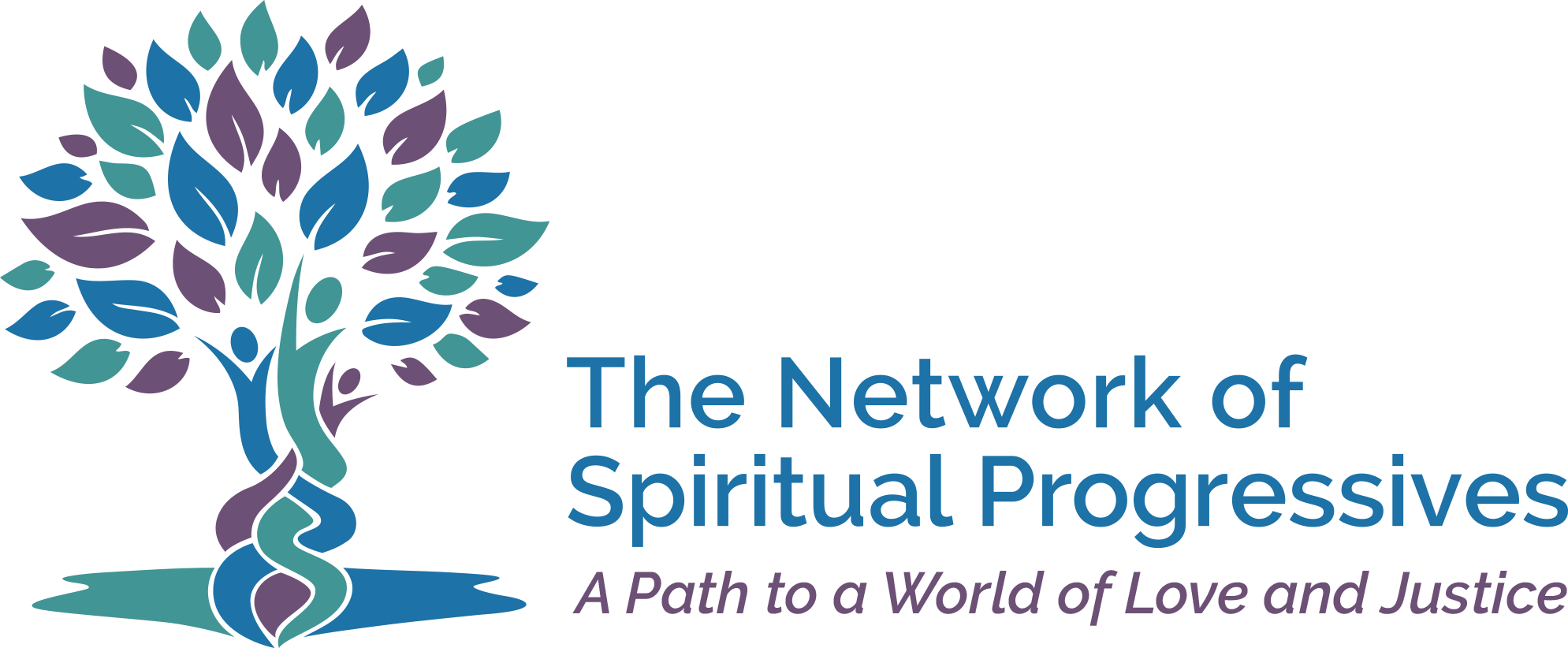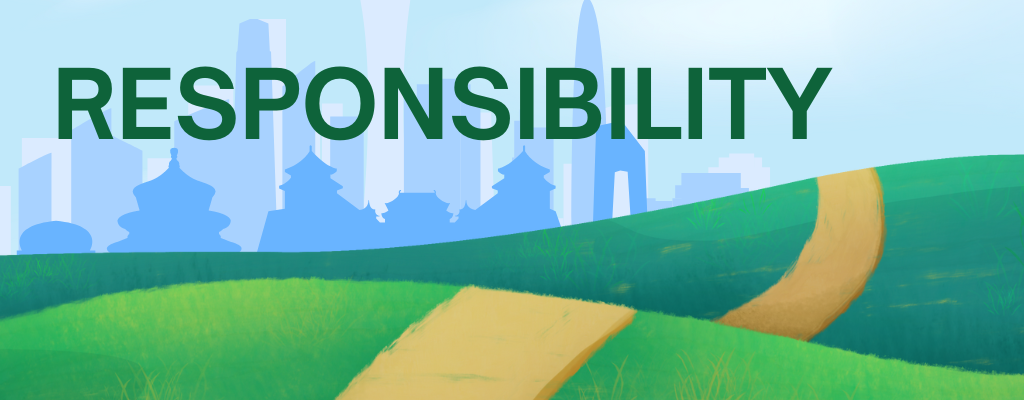We will take personal responsibility for ethical behavior.
Taking personal responsibility for ethical behavior requires us to shape a purpose-driven life connected to our highest values, to devote energy to caring for each other, to affirm pleasure and joy, to revive the sacred in sexuality, and to live a spiritually-grounded life.
Government and caring-oriented social arrangements does not replace the importance of taking personal responsibility for making ethical choices.
To support these values,
- We will encourage our family members, friends, co-workers, colleagues, and ourselves to make a daily commitment to live according to our own highest values, such as being empathic, compassionate, generous, caring, and forgiving.
- We will be compassionate toward each other, recognizing that each of us is unlikely to be the fullest embodiment of our own highest ideals.
- We will take responsibility for our own personal and communal missteps along the way, making amends wherever possible and learning how to repair unintended hurt we may have caused others.
- We will adopt practices for reflection, gentle self-criticism, repentance, and atonement.
- We will seek to develop our capacities to be forgiving toward others, generous in our understanding of their motivations, and helpful in providing them with support.
- While we will challenge and hold accountable those who are engaged in destructive practices, though we will avoid demeaning them, always recognizing that they too are embodiments of the sacred.
- We approach the building of a compassionate and loving society with humility, recognizing our capacity to make serious mistakes. This is one of many reasons why we insist on a spirit of generosity in dealing with each other and empathy towards those with whom we have political differences, and even with ourselves (too often we are own worst critics, and that self-punishing part of ourselves can in some people become the springboard to being harsh with others as well).
- We commit to giving ongoing attention to “working on ourselves” even as we work to change the larger society. We commit to building movements for social transformation that encourage its members to engage in some form of self-reflection and growth, even while challenging people to not fall into the narcissistic fascination with the self that undermines their ability to fully commit to the adventure and struggle of healing and transforming our society. Personal and societal transformation must go hand-in-hand. For that reason, it is important for us to develop approaches to psychotherapy, religion, spirituality and counseling which validate both personal, familial, and societal aspects of the healing and transformation (tikkun) that is needed.
CONTRAST: LIBERAL AGENDA — Liberal politicians rarely articulate any sense of personal responsibility because they claim that these issues are “personal” and have no role in the public sphere. We agree with them in opposing legislation on these issues but do not agree that they have no appropriate place in the public arena. A movement can foster an “ethos” as well as legislation, and that is exactly what we did when we fostered the ethos of respect for women, LGBTQ people, and minority groups. Taking personal responsibility is not just a personal issue. It involves creating a community that encourages, supports, and nurtures people in taking responsibility for their actions and caring about others. Liberal discourse often neglects the importance of this sort of community building and ethos-shaping. Given the extreme individualism and narcissism fostered by the corporate-owned media and other consciousness-shaping institutions that people face daily, we need to foster communities that support people to overcome these subtle but pervasive forms of indoctrination so we can build a genuinely caring society.
CONTRAST: CONSERVATIVE AGENDA — Conservatives propose increased “personal responsibility” as an alternative to indispensable social programs such as health care, welfare, education, and shelter for the homeless. They claim to be concerned about poverty, but then slash the social programs that ameliorate it, saying that individuals should take responsibility for eliminating poverty by getting jobs. They fail to acknowledge and address that unemployment is a structural issue and that many jobs do not yield adequate incomes to support a family, particularly given the inadequacy of our childcare systems.
In contrast, when spiritual progressives talk about taking personal responsibility, we do so not to replace government and societal programs, but rather to address areas in our own personal lives where we could have an impact.

